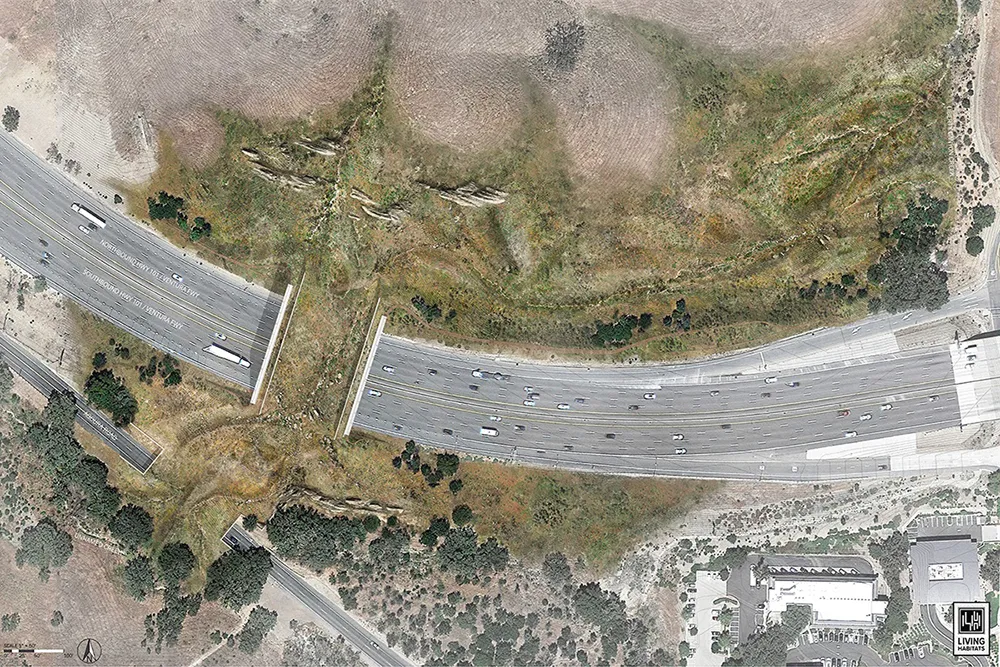US based toll collection and traffic management consultants, JAFA Technologies, have announced that Austrian company IPTE Schalk and Schalk has completed development of DeerDeter, claimed to be an intelligent, cost-effective, next generation animal-vehicle collision avoidance system that has additional intelligent transportation and roadside communications capabilities. In addition to significantly reducing animal-vehicle collisions, DeerDeter can be configured to provide additional feedback on the system’s
October 18, 2012
Read time: 2 mins
US based toll collection and traffic management consultants, 2263 JAFA Technologies, have announced that Austrian company IPTE Schalk and Schalk has completed development of DeerDeter, claimed to be an intelligent, cost-effective, next generation animal-vehicle collision avoidance system that has additional intelligent transportation and roadside communications capabilities.
In addition to significantly reducing animal-vehicle collisions, DeerDeter can be configured to provide additional feedback on the system’s status and limited weather conditions and/or traffic data.
The units are activated by approaching headlights that set off an audible alarm and accompanying strobe light that attracts the attention of the animal long enough to give it reason to take pause in its travel toward the roadway, allowing a vehicle to pass. As the device is only triggered by approaching vehicles, animals may cross the road when there is no traffic present.
Approximately 10,000 units have been deployed and tested at locations in the US and Europe over the past five years with documented results, indicating a decrease in animal-vehicle collisions of up to 100 per cent decrease in some cases.
This next generation DeerDeter will be showcased at the 2012 ITS World Congress in Vienna.
In addition to significantly reducing animal-vehicle collisions, DeerDeter can be configured to provide additional feedback on the system’s status and limited weather conditions and/or traffic data.
The units are activated by approaching headlights that set off an audible alarm and accompanying strobe light that attracts the attention of the animal long enough to give it reason to take pause in its travel toward the roadway, allowing a vehicle to pass. As the device is only triggered by approaching vehicles, animals may cross the road when there is no traffic present.
Approximately 10,000 units have been deployed and tested at locations in the US and Europe over the past five years with documented results, indicating a decrease in animal-vehicle collisions of up to 100 per cent decrease in some cases.
This next generation DeerDeter will be showcased at the 2012 ITS World Congress in Vienna.








